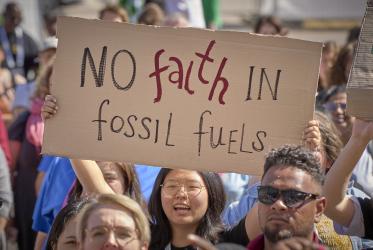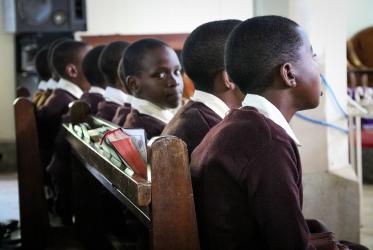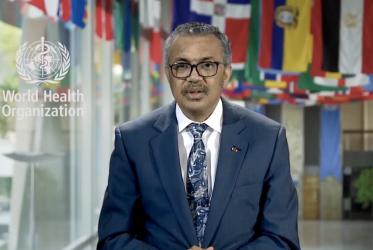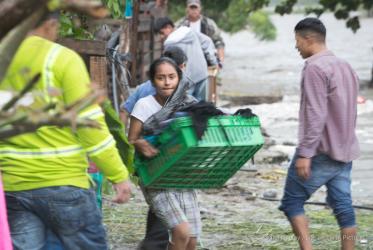Displaying 1 - 20 of 134
World Council of Churches plans pilgrimage to Marshall Islands
09 November 2023
ACT Alliance general secretary: “equity is not negotiable”
26 September 2023
Dr Abuom reflects on women of faith as healers of creation
05 October 2021
World Social Forum convenes to “express and practice solidarity”
28 January 2021















